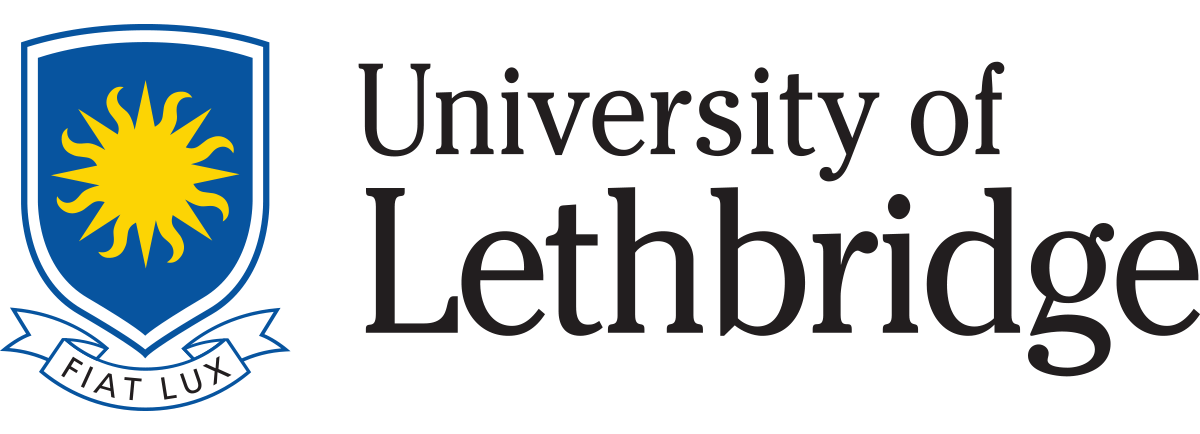Recently I received a Call for Papers from a respected academic journal that studies the logic of argumentation. The editors invite papers that “analyze, explain, and critique instances of argumentation connected to the campaign, election, and presidency of Donald Trump, as well as associated issues such as ‘post-truth’ emerging from the Brexit campaigns.” A worthy topic, and I will probably submit something to the journal. But I doubt that I will have much to add to the observations made by Sarah Kendzior today (May 10), in her column, Authoritarianism 101: First, Fire the FBI Director. Trump’s dismissal of James Comey is very easy to understand on the basis of the logic of power, the only kind of logic that Trump and his friend Putin understand or care for. As Kendzior points out, whatever mendacious and muddled rationales may be offered for it, Trump’s firing of the law enforcement officer who was investigating possible connections between Trump’s campaign and Russia is a plain statement that Trump thinks he can do whatever he wants, and that he wants everyone else to know that fact. (These are just about the only genuine facts we’re ever going to get out of Trump or his henchmen.) The firing of Comey was, as Kendzior puts it, “a textbook authoritarian move.” There will be more to follow.
There is presumed to be some hope that the U.S. Congress will be sufficiently moved by Trump’s flouting of the law and possibly treasonous actions to impeach him and remove him from office. If that happens, he will be replaced by Mike Pence, a religious fanatic and science denier but also a creature who will, at least, be a better team player. Under his figurehead rule we could look forward to a regime something like the dystopia of Margaret Atwood’s Handmaiden’s Tale. That would be bad but it might be preferable to global nuclear annihilation, into which Trump could easily stumble. (“What’s this big red button for?”) However, the Republicans who dominate both the House and Senate are so utterly compromised that it is very hard to imagine that they will now, at last, do an approximation to the right thing rather than continue doggedly to pursue the main chance at all costs. And Trump and his machine will continue to systematically snip away at the parachute strings that keep democracy aloft, until a tipping point will come at which so many institutions are co-opted that it will be impossible to remove him by any legal means. If Congress is going to somehow find the cojones to act against Trump, they had better do it very soon.
It is tempting to liken Trump to Adolph Hitler, but there are key differences between what happened in 1933–45 and what is happening now. It took a massive external force—the combined might of the Soviet Union and the Western Allies—to defeat Hitler. But there is no comparable external power now that is close to being big enough to defeat the Trumps of the world; too many countries are following or have followed their own paths to dictatorship. To that extent, the world is worse off now. However, we are worse off in other respects as well. Hitler was in part the cause of his own defeat: his insane racism toward the Jews and the Slavs induced him to dissipate his military resources on genocide, and blinded him to the political and strategic opportunities that were available to him. (If he had allied with the peoples of Eastern Europe whom he had temporarily liberated from Stalin, instead of trying to destroy and enslave them, history would have taken a very different course.) Trump has no ideology; he is simply after his own aggrandizement and thus is less likely to be diverted from actions that advance that one goal. Trump’s greatest weakness is his personal ignorance. But those who are using him to undermine democracy for their own ends know very well what the big red button does.
So what can decent people do next? In both Canada and the United States, we still have a vote (sort of), and we still have a free press (sort of) and many other means of expression and communication (such as the Web). Powerful efforts are going to be made to compromise or shut these institutions down. One of the best ways to defend those institutions is to use them. That is a good place to start. The millions in the United States who wanted Bernie Sanders to be President will not be silent. That gives me some hope. Indeed, one very hopeful thing has happened in Canada this week. The province of British Columbia held a vote, and (unless recounting changes things drastically) a highly respected climate scientist who now heads the Green Party will hold the balance of power! Truly amazing! Despite the idiocies of Trump, we aren’t done for yet.
Posted May 11, 2017


